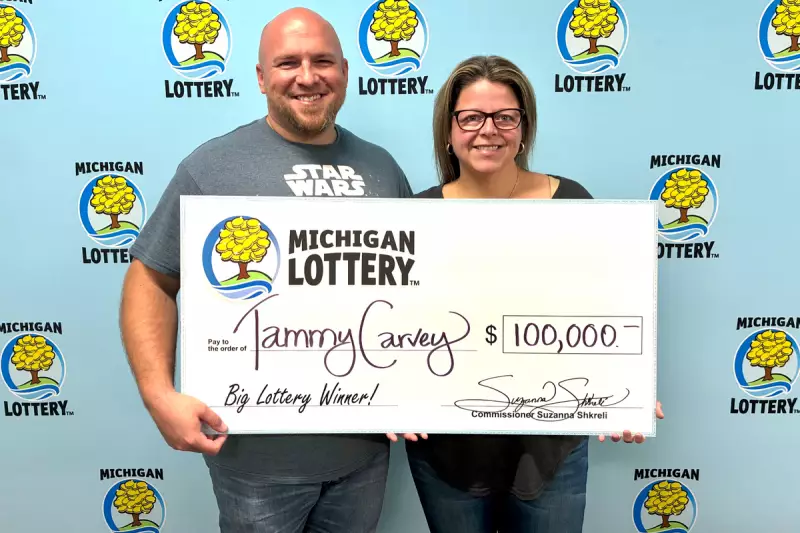
In a curious intersection of artificial intelligence and pure chance, a Michigan lottery player has sparked international fascination by turning to ChatGPT for Powerball number selection.
The Unconventional Gambler
The story began when an anonymous Michigan resident decided to bypass traditional lucky numbers and random selection, instead querying OpenAI's sophisticated chatbot for winning lottery combinations. The AI system, typically used for content creation and problem-solving, was unexpectedly tasked with predicting fortune.
ChatGPT's Cautious Response
True to its programming ethics, ChatGPT initially resisted the request, reminding the user that lottery numbers are fundamentally random and that the AI possesses no predictive capabilities for such events. The system emphasised that all number combinations have equal mathematical probability of being drawn.
The Compromise Solution
Undeterred, the user refined their approach, prompting ChatGPT to generate numbers based on common lottery patterns and frequently chosen digits. The AI eventually complied, producing a set of numbers that blended mathematical randomness with psychological factors that often influence human number selection.
Global Attention and Ethical Questions
The story gained traction after being shared across social media platforms, raising broader discussions about AI's expanding role in decision-making processes. Technology ethicists have questioned whether using AI for gambling purposes represents responsible innovation or potentially dangerous normalisation of AI in gaming contexts.
The Reality Check
Despite the viral attention, lottery officials and mathematics experts remain unanimous: no AI system can genuinely predict lottery outcomes. The fundamental nature of random number generation ensures each combination has exactly the same probability of success, regardless of its origin.
Broader Implications
This incident highlights the growing public tendency to consult AI systems for decisions beyond their intended purposes. From relationship advice to financial planning and now gambling, ChatGPT and similar platforms are increasingly being used as digital oracles despite their inherent limitations.
The Michigan case serves as both entertaining anecdote and cautionary tale about our evolving relationship with artificial intelligence in everyday decision-making.





